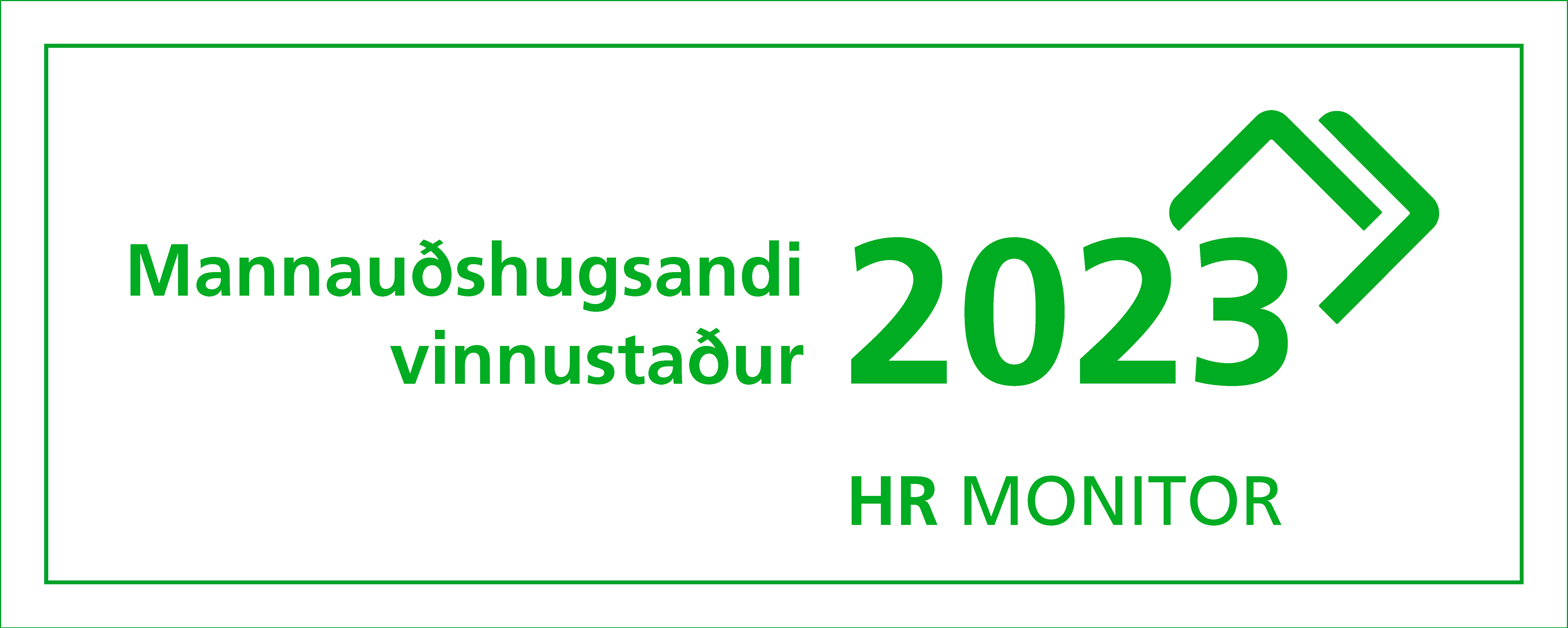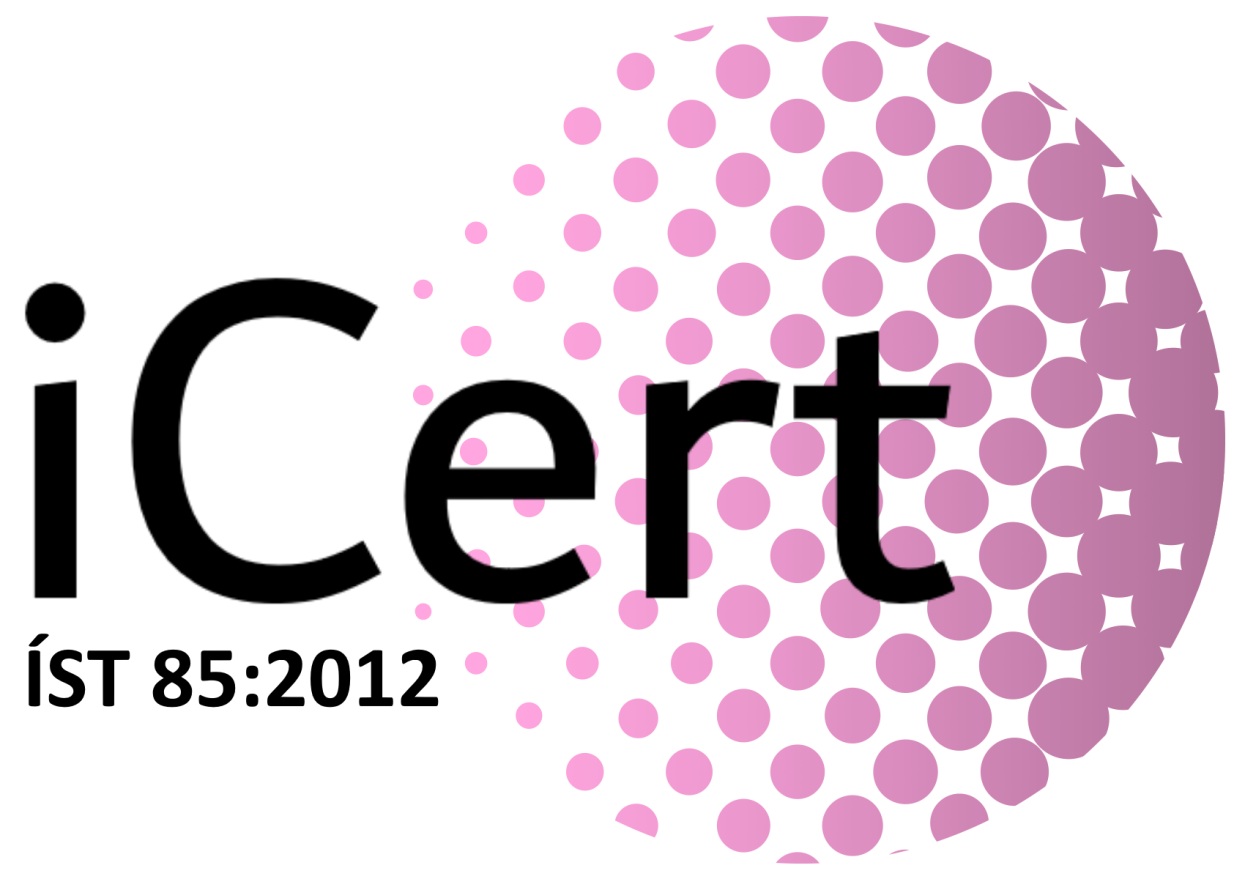- Skólinn
- Saga skólans
- Einkunnaorð og gildi FSN
- Skólanámskrá Fjölbrautaskóla Snæfellinga
- Tuttugu ára afmæli Fjölbrautaskóla Snæfellinga 30.ágúst 2024
- Stefnur
- Áætlanir og markmið
- Innra og ytra mat
- Nefndir og ráð
- Nemendur og forráðamenn
- Skóladagatal
- Skólinn
- Starfsfólk
- Þróunarverkefni
- Fjarverur í FSN 2019
- Frá hugmynd að veruleika
- FSN - leiðandi til framtíðar?
- Hæfnimiðað nám
- Kynjafræði, kynheilbrigði og klám
- Upplifun kennara af innleiðingu breyttra kennsluhátta
- Þróun námsmats við Fjölbrautaskóla Snæfellinga
- Áfangi í réttarvísindum kenndur í FSN
- Rafræn stoðþjónusta 2020-2023
- Stórsveit Snæfellsness
- Innleiðing gervigreinar í námi og kennslu.
- Fyrrverandi nemendur
- Námið
- Þjónusta
- Fjarnám
- Erlent samstarf
- Science around us - Erasmus +
- Every teacher flipped - Erasmus + 2018 - 2020
- all4rights. human rights -Erasmus+ 2019
- Europeans are ready to heal - Erasmus+ 2018
- TEEN TV - Comenius 2010 - 2012
- SNÆ 2005 - 2009
- Food for thought - EEA Grants - Uppbyggingarsjóður EES
- AFS og ERASMUS á Íslandi
- Fjölbrautaskóli Snæfellinga er UNESCO-skóli
- Kynning á Fjölbrautaskóla Snæfellinga
- Tuttugu ára afmæli Fjölbrautaskóla Snæfellinga 30.ágúst 2024
Grunnupplýsingar um kórónaveiruna fyrir börn og ungmenni
02.03.2020
Grunnupplýsingar um kórónaveiruna fyrir börn og ungmenni.
Frá landlækni.
Nýjustu upplýsingar um þróun mála, viðbúnað og ráðleggingar er ávallt að finna á vef embættis landlæknis: landlaeknir.is.
PDF skjal - opnast í nýjum glugga
Hvað er kórónaveiran?
Kórónaveira er tegund af veiru sem getur valdið veikindum, sérstaklega hjá þeim sem eru ekki heilsuhraustir fyrir.
Hvernig veikindum veldur hún?
Kórónaveiran veldur veikindum sem svipar mjög til algengra kvefeinkenna, eins og hósta, hita og beinverkja. Veiran getur líka valdið alvarlegum veikindum eins og lungnabólgu.
Ef grunur vaknar um smit er best að fá ráðgjöf og leiðbeiningar í síma 1700.
Er kórónaveiran hættuleg?
Ástæðan fyrir því að öll lönd í heiminum fylgjast vel með kórónaveirunni núna er að það hefur greinst ný tegund af henni og mjög margir hafa smitast í Kína. Veiran hefur síðan ferðast frá Kína til fleiri landa.
Íslensk stjórnvöld, læknar, lögreglan og Rauði krossinn vinna saman að því að tryggja að sem fæstir smitist af henni á Íslandi, og að þeir sem smitast fái góða læknisaðstoð. Fáir af þeim sem smitast af veirunni verða mjög alvarlega veikir en það þarf að fylgjast með öllum sem greinast. Langflestir jafna sig og verða jafnvel lítið veikir.
Gæti ég smitast af kórónaveirunni?
Þeir sem hafa verið mjög nálægt einhverjum sem þegar er veikur vegna kórónaveirunnar, eða hafa snert smitað fólk, sofið í sama rúmi eða verið í sama húsnæði gætu átt á hættu að smitast.
Hvernig get ég forðast að smitast?
Mikilvægast er að þvo sér vel og oft um hendurnar, með vatni og sápu eða handspritti. Svo er góð regla að forðast náin samskipti við aðra sem eru með einkenni kvefs, eins og hnerra eða hósta. Ef þú þarft að hósta eða hnerra er betra að gera það í olnbogann en ekki í hendurnar eða út í loftið.
Af hverju eru sumir með grímur?
Fólk sem þarf að vinna mjög náið með öðrum og hitta marga í vinnunni sinni velur stundum að vera með grímur, til dæmis hjúkrunarfræðingar, læknar og þeir sem hitta marga ferðamenn.
English
Basic information about the Coronavirus for children and teenagers
Note that the latest information about developments, advice and responses can always be found on the webpage of the Directorate of Health.
What is the coronavirus?
The coronavirus is a type of virus that can cause illness, especially with those who are not well or already have medical conditions.
What kind of illness does it cause?
The Coronavirus causes an illness that is very similar to the common cold such as coughing, fever and bone aches. The virus can cause more serious illness such as pneumonia.
If someone is thought to be sick, please contact the helpline for advice at 1700 (+354 544 4113 if calling on a foreign line).
Is the coronavirus dangerous?
The reason that every country in the world is following and paying so much attention to the coronavirus now is that there is a new type of it and a lot of people have gotten ill in China. The virus has travelled from China to more countries.
The Icelandic government, doctors, police and the Red Cross are all working together to make sure that as few people as possible are affected by it. Very few of those who are infected by the virus get seriously ill, but everyone that does get sick needs to be monitored.
Most people get better and a lot of people don’t get very ill.
Could I get the coronavirus?
Anyone that has been around someone that is already ill with the coronavirus or has touched someone that is ill, slept in the same bed or been in the same house, could have a chance of getting ill.
How can I avoid getting infected?
The most important thing is to wash your hands thoroughly and often with soap and water or use hand sanitiser. It is also a good rule to avoid, as much as you can, contact with sick persons, in particular those who have the symptoms of cold, such as sneezing and coughing. If you need to cough or sneeze it is best to do it into your elbow, not into your hands or into the air.
Why are some people wearing masks?
People who work closely with others and see many people at their jobs sometimes choose to wear masks. These are people such as nurses, doctors and those who see a lot of tourists.





